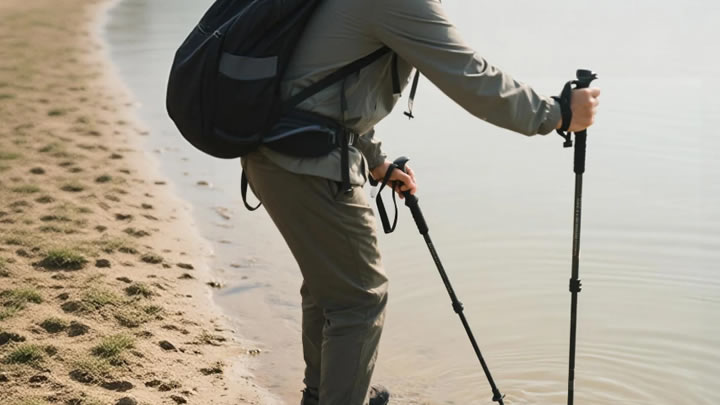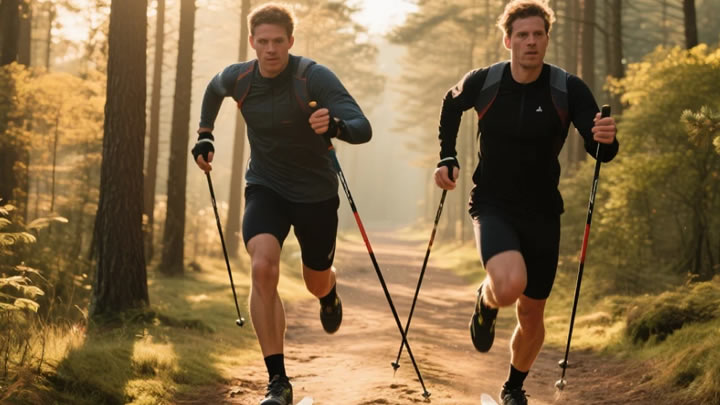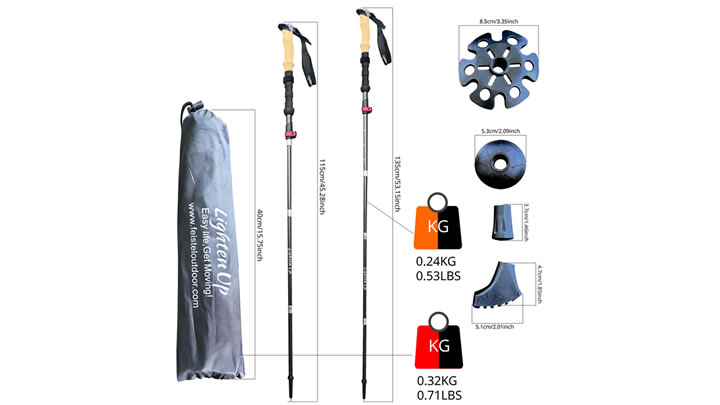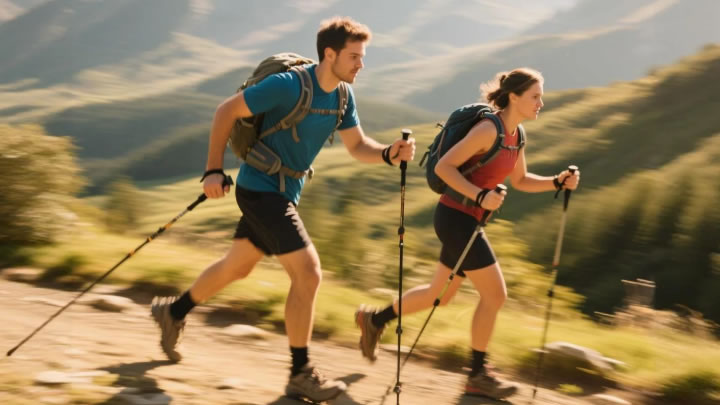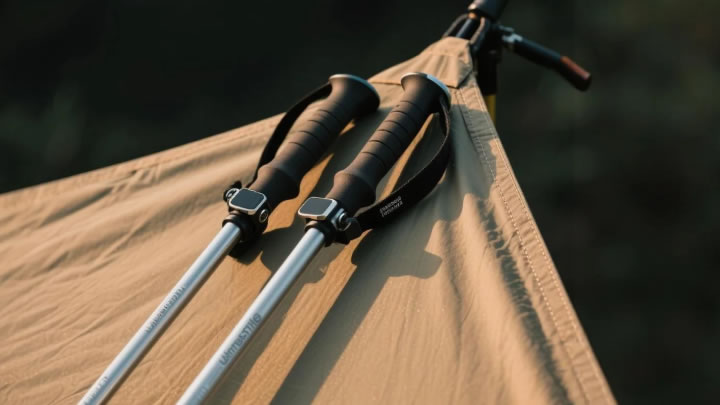What to do if you get lost hiking?
What to Do If You Get Lost Hiking? A Step-by-Step Survival Guide
Getting lost in the wilderness can happen to even experienced hikers. According to National Park Service data, search and rescue teams respond to over 3,000 lost hiker cases annually. This comprehensive guide walks you through exactly what to do if you find yourself lost on the trail, helping you stay safe until rescue arrives.
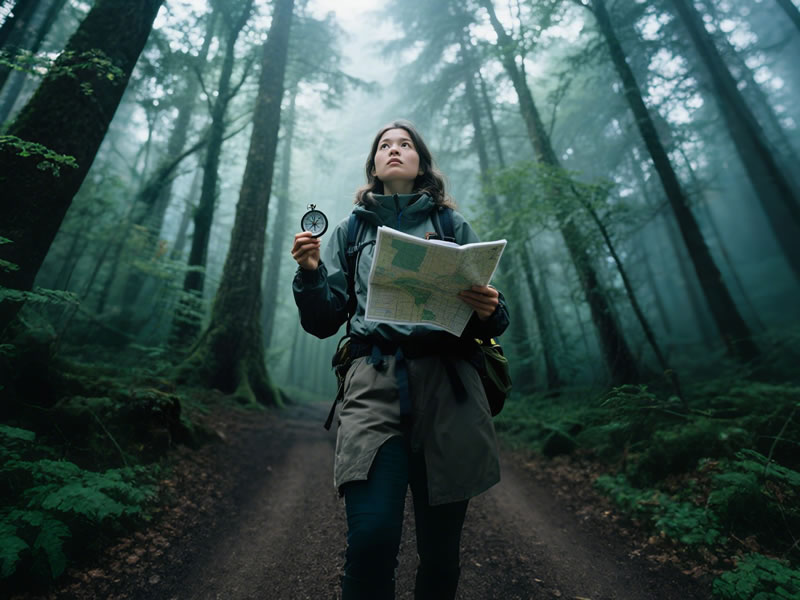
Immediate Actions: The STOP Protocol
When you first realize you're lost, follow the STOP method:
S = Stop
- Don't wander aimlessly (90% of lost hikers make their situation worse by moving)
- Stay where you are unless you're certain of the way back
T = Think
- Assess your supplies (water, food, gear)
- Recall last known landmark
- Check the time (how much daylight remains)
O = Observe
- Look for trail markers, footprints, or sounds
- Identify potential shelter spots
- Note weather conditions
P = Plan
- Decide whether to stay put or attempt self-rescue
- Prepare signaling methods
- Organize your resources
Shelter & Protection Priorities
If Staying Overnight:
- Build insulation from the ground (use pine needles, leaves)
- Create windbreak with natural materials
- Use emergency blanket (reflects 90% body heat)
- Stay dry - moisture accelerates hypothermia
Pro Tip: A trash bag makes an improvised rain poncho and shelter.
Signaling for Rescue
Maximize your visibility with these techniques:
Daytime Signals:
- Mirror flashes (aim at aircraft/ridgelines)
- Bright clothing on open ground
- Smoke signals (green vegetation creates thick smoke)
- Large ground markers (X or SOS with rocks/logs)
Nighttime Signals:
- Flashlight strobe (3 flashes = universal distress)
- Cell phone light (wave slowly side-to-side)
- Chemical light sticks (last 8-12 hours)
Water & Food Management
Water:
- Ration existing supply (sip, don't gulp)
- Collect morning dew with clothing
- Avoid drinking untreated water unless absolutely necessary
Food:
- Humans can survive weeks without food
- Focus energy on shelter/signaling
- Only eat plants if 100% certain of identification
Common Mistakes to Avoid
❌ Continuing to walk after dark
❌ Splitting up from your group
❌ Discarding gear to lighten load
❌ Assuming no one will look for you
Prevention Tips
Always:
✅ File a trip plan with someone reliable
✅ Carry the 10 Essentials
✅ Check weather before departing
✅ Turn around at 50% of your energy/food
When to Self-Rescue vs. Stay Put
Self-Rescue Only If:
- You know exactly which direction leads to safety
- You have enough daylight
- Physical condition permits
Always Stay Put If:
- Night is approaching
- Injured or exhausted
- In dense fog/whiteout conditions
Essential Lost Hiker Kit
Pack these in a ziplock bag:
- Loud whistle
- Signal mirror
- Space blanket
- Fire starter
- Bright bandana
- Power bank for phone
Remember: Most lost hikers are found within 24 hours if they stay in one place. By staying calm and following these steps, you'll dramatically increase your chances of a safe recovery.
Have you ever been lost on a hike? Share your experience in the comments to help others learn!

